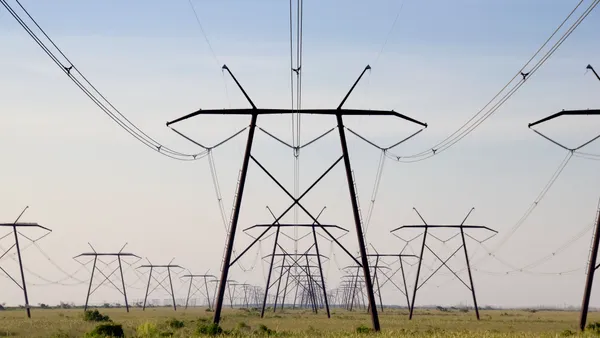Will Toor is executive director of the Colorado Energy Office.
Hard-to-decarbonize sectors require bold action to ensure we are able to meet greenhouse gas emission reduction goals. The state of Colorado just took a big step to address this thorny issue with the recent approval of legislation that aims to jumpstart the clean hydrogen industry in our state.
This new law will create tax credits for the use of clean hydrogen and introduce a regulatory approval process for investor-owned utilities to produce clean hydrogen and use it in electricity production. We believe this legislation positions Colorado as one of the most attractive locations in the nation for clean hydrogen development and provides a strong reason for the U.S. Department of Energy to choose the Western Interstate Hydrogen Hub, a four-state hydrogen development collaboration in the Mountain West, for federal hydrogen hub funding.
The law is structured to ensure that companies who want to embrace this vital clean technology can do so in a way that is smart and economical. The use tax credit is designed to complement the federal Production Tax Credit, by providing up to $1/kg for the use of the cleanest hydrogen in hard-to-decarbonize sectors of the economy, including industrial heating and processes, heavy-duty trucking and aviation.
One element of the legislation that has received significant attention — and some inaccurate reporting — is the greenhouse gas accounting standards that Colorado will use for defining clean hydrogen. The state Public Utility Commission will be required to develop accounting standards that will go into effect in 2028, or after 200 MW of electrolyzers have been successfully deployed in the state, whichever comes first.
The standards require producers who are claiming to use zero-emissions electricity for hydrogen production to demonstrate that they are using renewable or zero-carbon generation that was developed no more than three years before the hydrogen production starts. In addition, the zero carbon generation must be matched hourly to hydrogen production. Because there is a vigorous debate on these standards at the national level for access to the federal production tax credits, many people have inappropriately tried to draw larger lessons from Colorado’s actions.
First, Colorado’s standards apply only to hydrogen users who want to benefit from our new state hydrogen use tax credit, and to investor-owned utilities that are investing ratepayer dollars in hydrogen production. Any other hydrogen producer is free to come to the state and qualify for the federal tax credits based only upon U.S. Treasury standards.
Second, Colorado is blessed with some of the best wind and solar resources in the nation, making it more practical to consider hourly matching than many other areas. We also have state laws requiring 80% carbon reduction by electric utilities by 2030. To that end, our largest utility, Xcel Energy, already has an adopted electric resource plan for 80% renewables by 2030, which means significant amounts of curtailed wind and solar will be available for clean hydrogen production.
Xcel Energy is an integral partner in our regional clean hydrogen hub application, with plans to install electrolyzers in northeastern Colorado to generate hydrogen that can initially be used in decarbonizing electric generation and, in the longer term, serve industrial and transportation uses. Xcel has made it clear that they can work with this legislation’s new GHG accounting standards.
We believe it is essential to adopt standards that not only assure hydrogen is truly clean but is also economically viable, and can allow the nascent clean hydrogen industry to grow to scale. Because of this, we do not advocate that the U.S. Treasury adopt Colorado’s approach. Rather, it should base its decision on careful economic analysis and phase in more rigorous GHG accounting over time.
Colorado looks forward to working with the federal government, surrounding states, our utilities and the private sector to advance clean hydrogen across the Mountain West. This new law will be an important part of that process.













